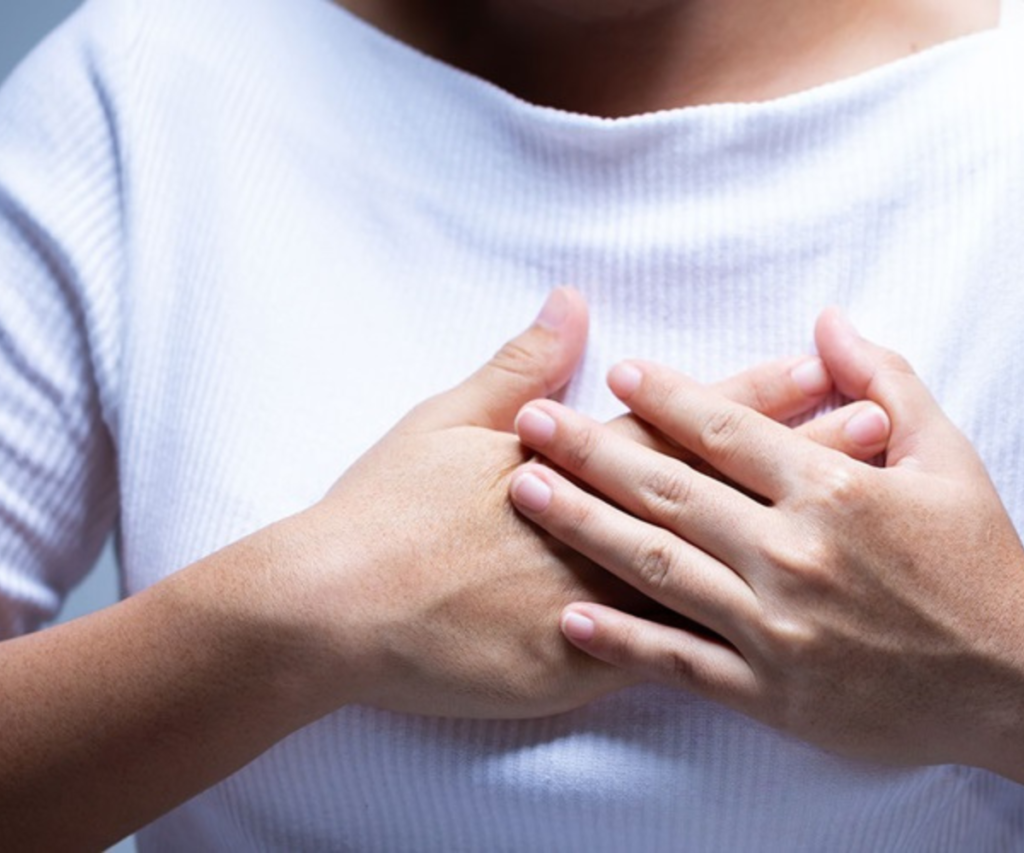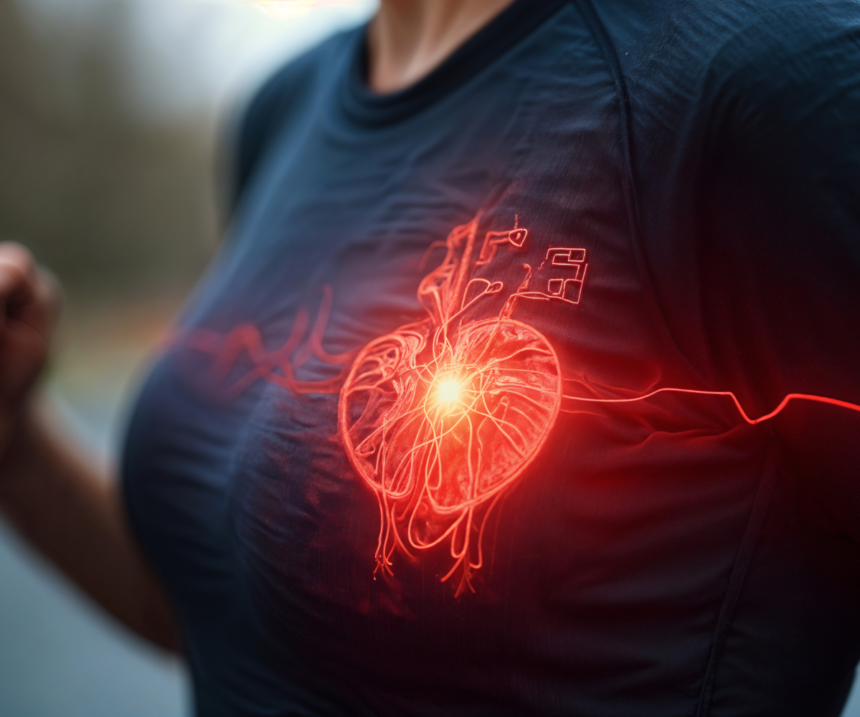How to Identify Symptoms of Various Heart Conditions

Heart disease is a broad term that describes conditions affecting the heart’s structure and function. Recognizing symptoms early is crucial to preventing severe complications and improving overall cardiovascular health. Symptoms vary depending on the type of heart disease, age, underlying conditions, and individual health factors. Understanding these symptoms helps in seeking timely medical intervention and potentially saving lives.
Symptoms of Coronary Artery Disease (CAD)
Coronary artery disease occurs when plaque accumulates in the arteries that supply blood to the heart, reducing blood flow and raising the risk of heart attacks over time. The most common symptom of CAD is angina, or chest pain. Angina may feel like heaviness, pressure, squeezing, burning, or aching in the chest. It can sometimes be mistaken for indigestion or heartburn. Pain may also radiate to the shoulders, arms, neck, jaw, back, or even the throat.
Other Symptoms Include:
- Shortness of breath
- Palpitations (irregular heartbeats or “flip-flop” sensations)
- Faster heartbeat
- Weakness or dizziness
- Nausea
- Sweating
Treatment Approaches:
- Medications such as daily aspirin, beta-blockers, ACE inhibitors, or drugs treating angina (nitroglycerin or ranolazine)
- Medications addressing high blood pressure or high cholesterol
- Invasive procedures such as coronary angioplasty (with or without stent placement) or coronary artery bypass surgery
Symptoms of a Heart Attack
A heart attack, or myocardial infarction, occurs when blood flow to a part of the heart is blocked, causing damage to heart muscle. Symptoms include:
- Discomfort, heaviness, or pain in the chest, arm, or below the breastbone
- Pain radiating to the back, jaw, throat, or arm
- Fullness, indigestion, or a choking sensation
- Sweating, nausea, vomiting, or dizziness
- Extreme weakness, anxiety, or shortness of breath
- Rapid or irregular heartbeat
Silent heart attacks may occur without noticeable symptoms, particularly in people with diabetes. Heart attack symptoms usually last longer than 30 minutes and are not relieved by rest or oral medications. Immediate emergency help is essential to minimize heart damage.
Symptoms of Arrhythmias
Arrhythmias involve irregular heart rhythms that can range from harmless to life-threatening. Some arrhythmias show no symptoms, while others manifest as:

- Palpitations (fluttering, skipped beats, or “flip-flop” sensations)
- Pounding in the chest
- Dizziness or lightheadedness
- Fainting
- Shortness of breath
- Chest discomfort
- Fatigue or weakness
Treatment Options:
- Medications: beta-blockers, calcium channel blockers, sodium or potassium channel blockers, anticoagulants
- Devices: pacemakers, implantable cardioverter-defibrillators
- Procedures: cardioversion, catheter ablation, maze procedure, or surgery in severe cases
Symptoms of Atrial Fibrillation (AFib)
AFib is a type of arrhythmia that can increase the risk of blood clots, stroke, and heart failure. Symptoms include:
- Heart palpitations or racing heartbeat
- Dizziness or lightheadedness
- Chest discomfort or pressure
- Shortness of breath
- Fatigue
Treatment includes medications to control heart rate or rhythm, anticoagulants to prevent blood clots, and procedures like catheter ablation, cardioversion, maze procedures, or left atrial appendage closure.
Symptoms of Heart Valve Disease
Heart valve disease occurs when one or more heart valves fail to function properly, disrupting blood flow. Symptoms may include:https://www.youtube.com/watch?v=LPoOFqYr6vE
- Shortness of breath
- Fatigue or weakness
- Chest discomfort
- Palpitations
- Swelling in ankles, feet, or abdomen
- Rapid weight gain
Treatment may include medications, valve repair surgeries (annuloplasty or valvuloplasty), or valve replacement (mechanical, pig, cow, or human tissue valves). Minimally invasive procedures like TAVI (transcatheter aortic valve implantation) may also be performed.
Symptoms of Heart Failure

Heart failure occurs when the heart cannot pump blood effectively, leading to fluid buildup and organ stress. Symptoms include:
- Shortness of breath during activity or at rest
- Cough producing white mucus
- Rapid weight gain (2-3 pounds in a day)
- Swelling in legs, ankles, or abdomen
- Dizziness
- Fatigue
- Rapid or irregular heartbeats
Treatment options may include diuretics, beta-blockers, ACE inhibitors, ARBs, ARNIs, SGLT2 inhibitors, and devices like pacemakers, defibrillators, or ventricular assist devices. In severe cases, heart transplant surgery may be required.
Symptoms of Congenital Heart Defects
Congenital heart defects are structural problems present at birth, sometimes diagnosed in infancy, childhood, or adulthood. Symptoms vary by defect but can include:
- Shortness of breath
- Limited ability to exercise
- Heart failure or valve disease signs
- Arrhythmias
- Palpitations
- Dizziness
- Edema (swelling)
- Cyanosis (bluish tint to skin, lips, or fingernails)
Treatment may involve medications, pacemakers, implantable defibrillators, catheterization, heart surgery, or transplants. Children may require ongoing checkups to monitor heart function.
Symptoms of Cardiomyopathy (Heart Muscle Disease)
Cardiomyopathy affects the heart muscle, potentially leading to heart failure or sudden cardiac death. Symptoms may include:
- Chest pain or pressure
- Shortness of breath
- Swelling in legs or ankles
- Fatigue
- Palpitations
- Fainting
Treatment depends on the cause and severity, often including heart failure therapies, medications, devices, or, in advanced cases, a heart transplant.
Symptoms of Pericarditis
Pericarditis is inflammation of the pericardium, the sac surrounding the heart. Symptoms may include:

- Sharp chest pain that may radiate to the neck, arms, or back
- Pain worsening with deep breaths or lying down
- Low-grade fever
- Increased heart rate
- Fatigue
- Swollen legs or feet
Treatment involves anti-inflammatory medications, steroids in severe cases, fluid drainage, or surgical procedures for persistent or complicated conditions.




